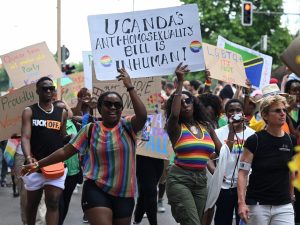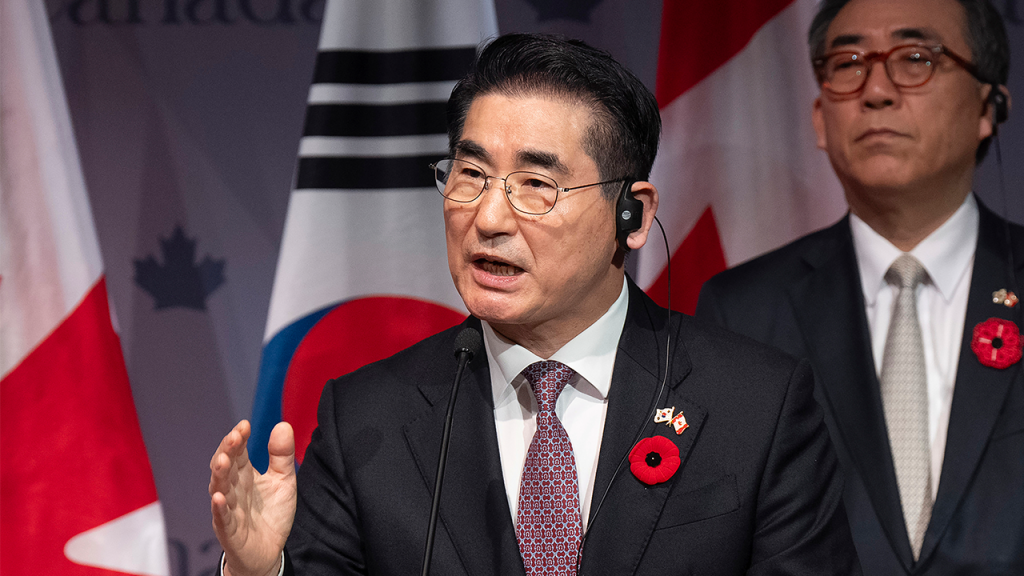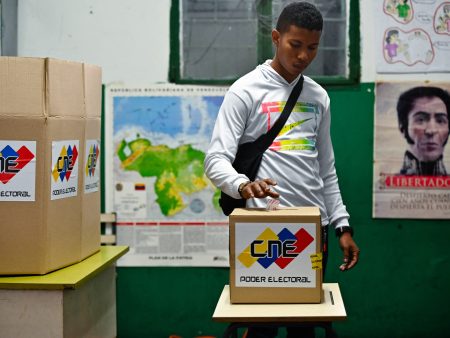The political landscape of South Korea has been thrown into turmoil following President Yoon Suk Yeol’s declaration of martial law, a move that has sparked widespread condemnation, an impeachment attempt, and a suicide attempt by a key figure involved in the decree. Former Defense Minister Kim Yong Hyun, a close associate of President Yoon, was arrested on allegations of playing a central role in the martial law declaration and abusing his power. While in detention, Kim attempted suicide but was stopped by officials and is currently in stable condition. The incident underscores the intense pressure and scrutiny surrounding the ongoing investigation into the martial law declaration, which has polarized the nation and raised serious questions about the President’s actions.
The attempted suicide of Kim Yong Hyun follows a series of dramatic events related to the martial law declaration. President Yoon’s decree, aimed at suppressing what he termed “shameless North Korea followers and anti-state forces,” was met with immediate resistance from the opposition and legal experts who deemed it unconstitutional. The National Assembly swiftly rejected the decree, forcing its withdrawal within hours. The declaration, the first instance of martial law in South Korea in over four decades, has been widely criticized as an overreach of presidential power and a threat to democratic principles.
The investigation into the events surrounding the martial law declaration has widened to include senior officials within the police and military. Police Commissioner General Cho Ji Ho and Seoul Metropolitan Police Agency Head Kim Bong-sik were detained for their alleged involvement in deploying police forces to the National Assembly, seemingly to obstruct lawmakers from voting on the martial law motion. Testimony during a parliamentary hearing revealed alarming details about alleged orders from President Yoon himself, including a request to forcibly remove lawmakers from the parliament building. These revelations have further fueled public outcry and intensified the calls for accountability.
The political fallout from the martial law declaration has been significant. The main opposition Democratic Party is pursuing a second impeachment vote against President Yoon, scheduled for Saturday. The first impeachment attempt failed last weekend. The ongoing investigation, the potential impeachment proceedings, and the public outcry have created a climate of uncertainty and instability within the South Korean government. The fate of President Yoon remains uncertain, as does the long-term impact of the martial law declaration on the country’s political future.
The allegations against President Yoon, Kim Yong Hyun, and other officials involved in the martial law declaration are grave. They include accusations of rebellion, a charge that carries a maximum sentence of death. The investigation is focusing on whether the actions taken during the declaration were justified and whether they constituted criminal offenses. The testimony provided by military officials during the parliamentary hearing suggests that there were discussions regarding detaining politicians and other figures, further adding to the seriousness of the allegations.
The unfolding events in South Korea represent a significant test for the country’s democratic institutions. The martial law declaration, the subsequent investigation, and the potential impeachment of the president highlight the fragility of democratic processes and the importance of upholding the rule of law. The outcome of these proceedings will have far-reaching consequences for South Korea’s political landscape and could serve as a pivotal moment in the country’s history. The world watches closely as South Korea grapples with this political crisis, hoping for a resolution that reinforces democratic principles and ensures stability in the region. The situation remains highly fluid, and the coming days and weeks will be crucial in determining the ultimate outcome of this political showdown.










